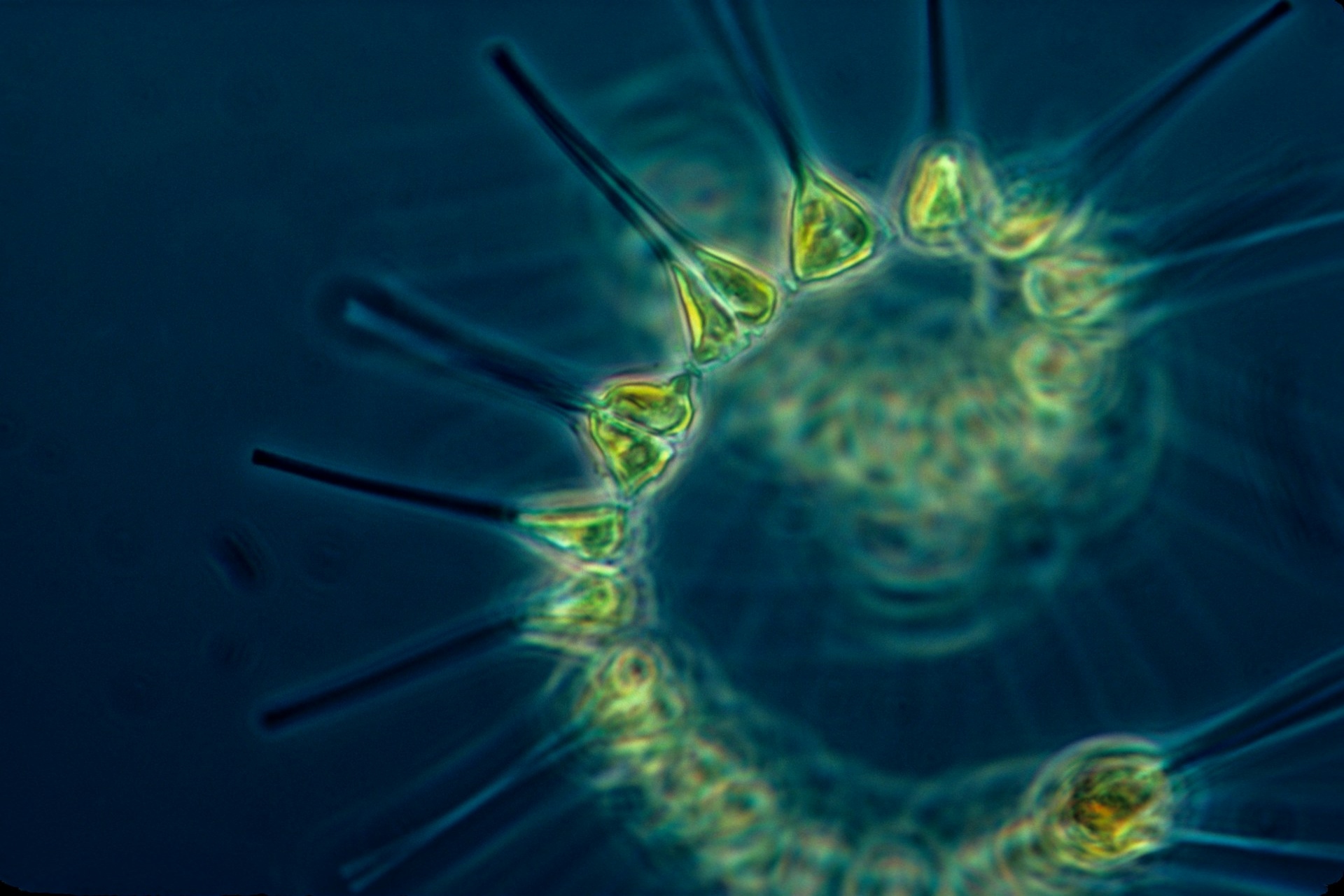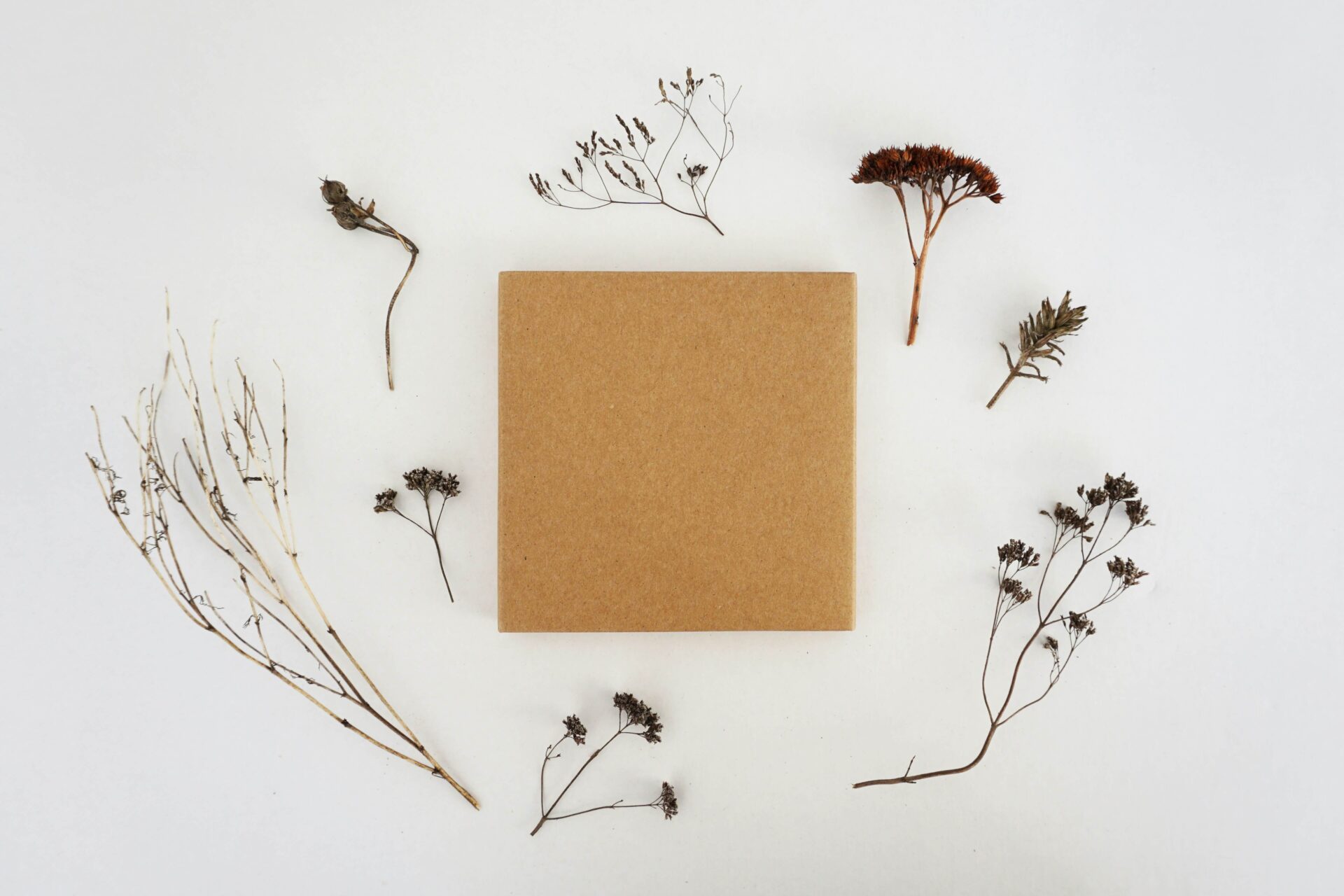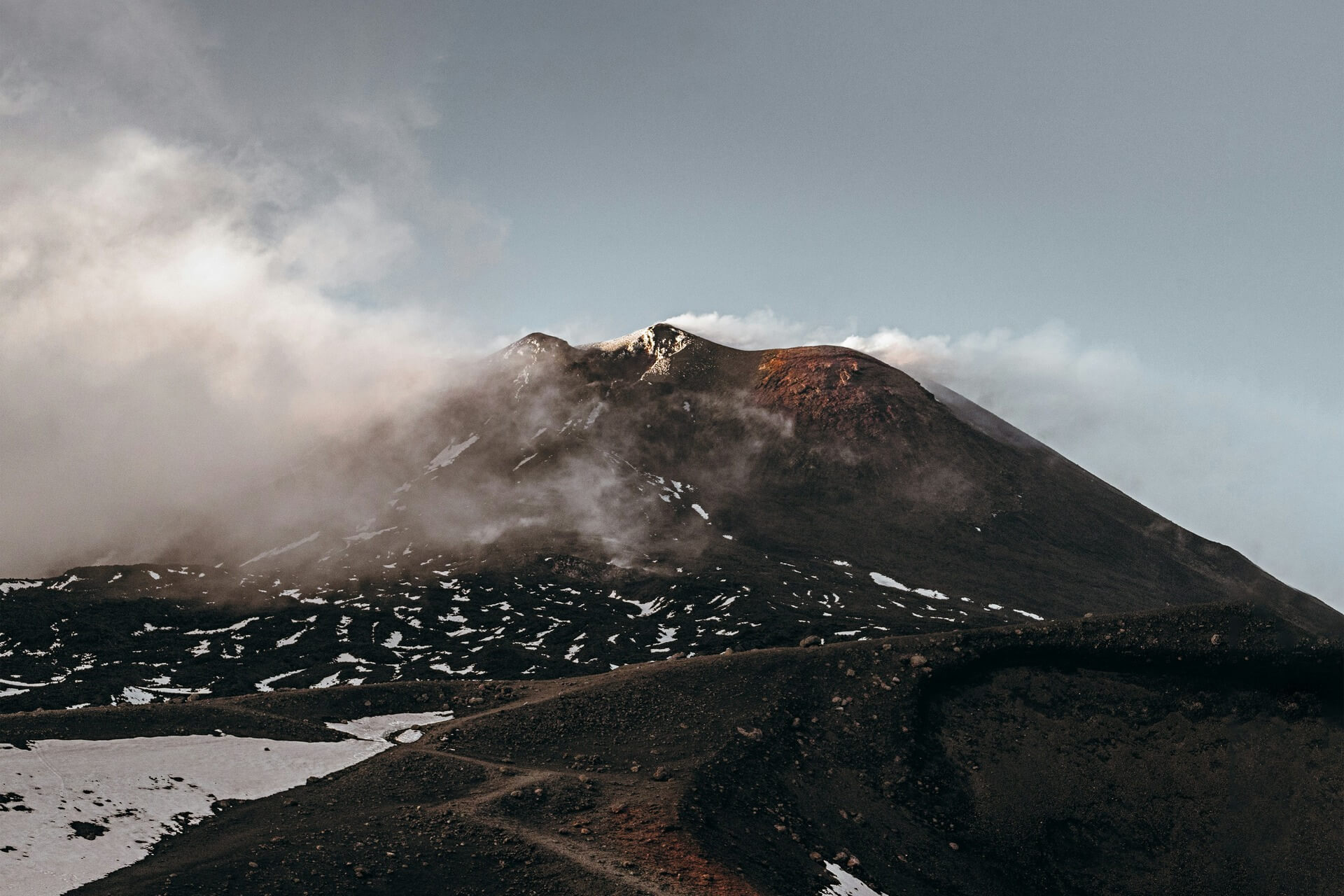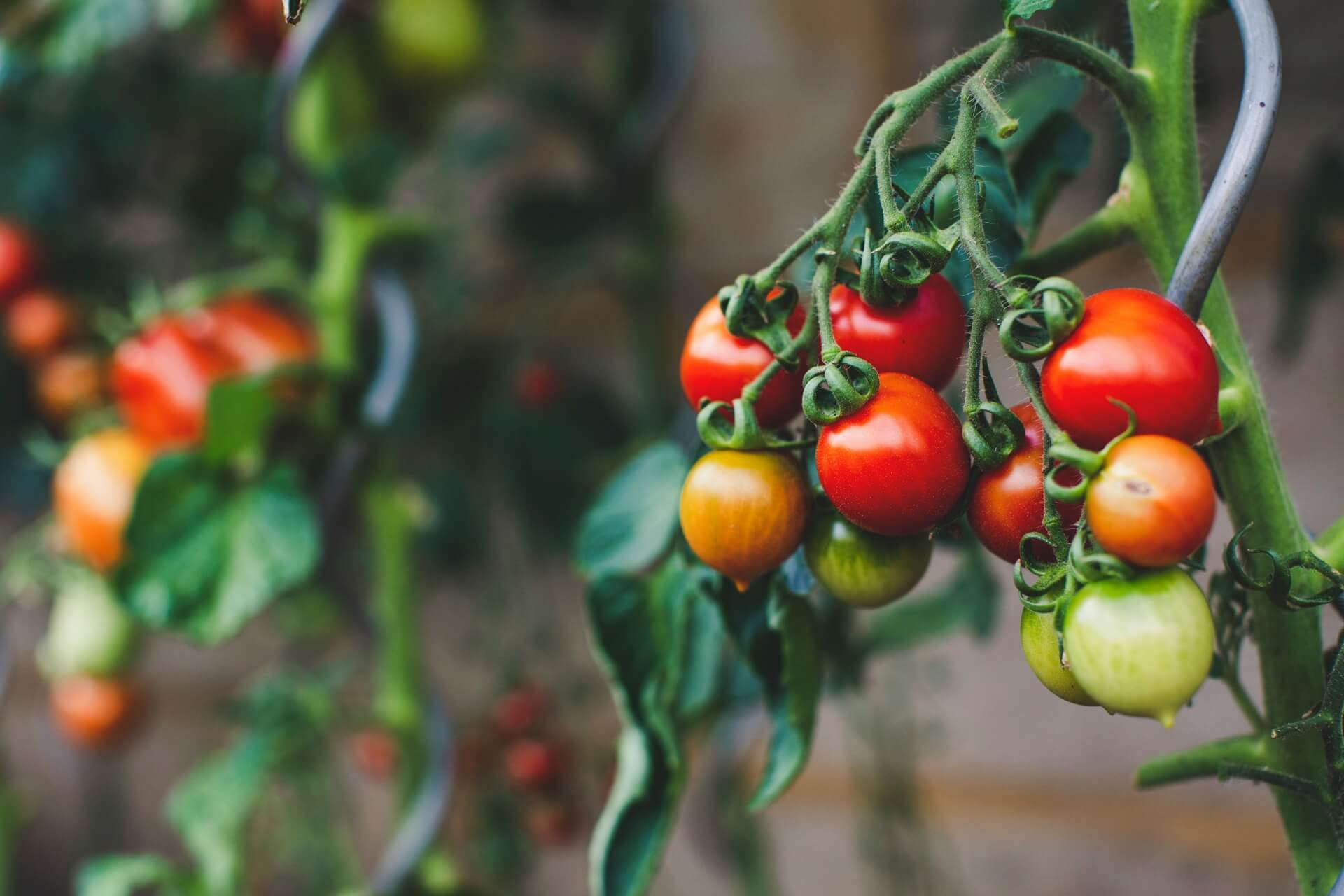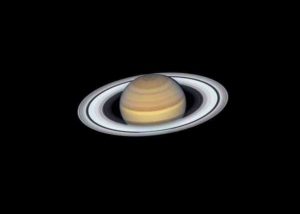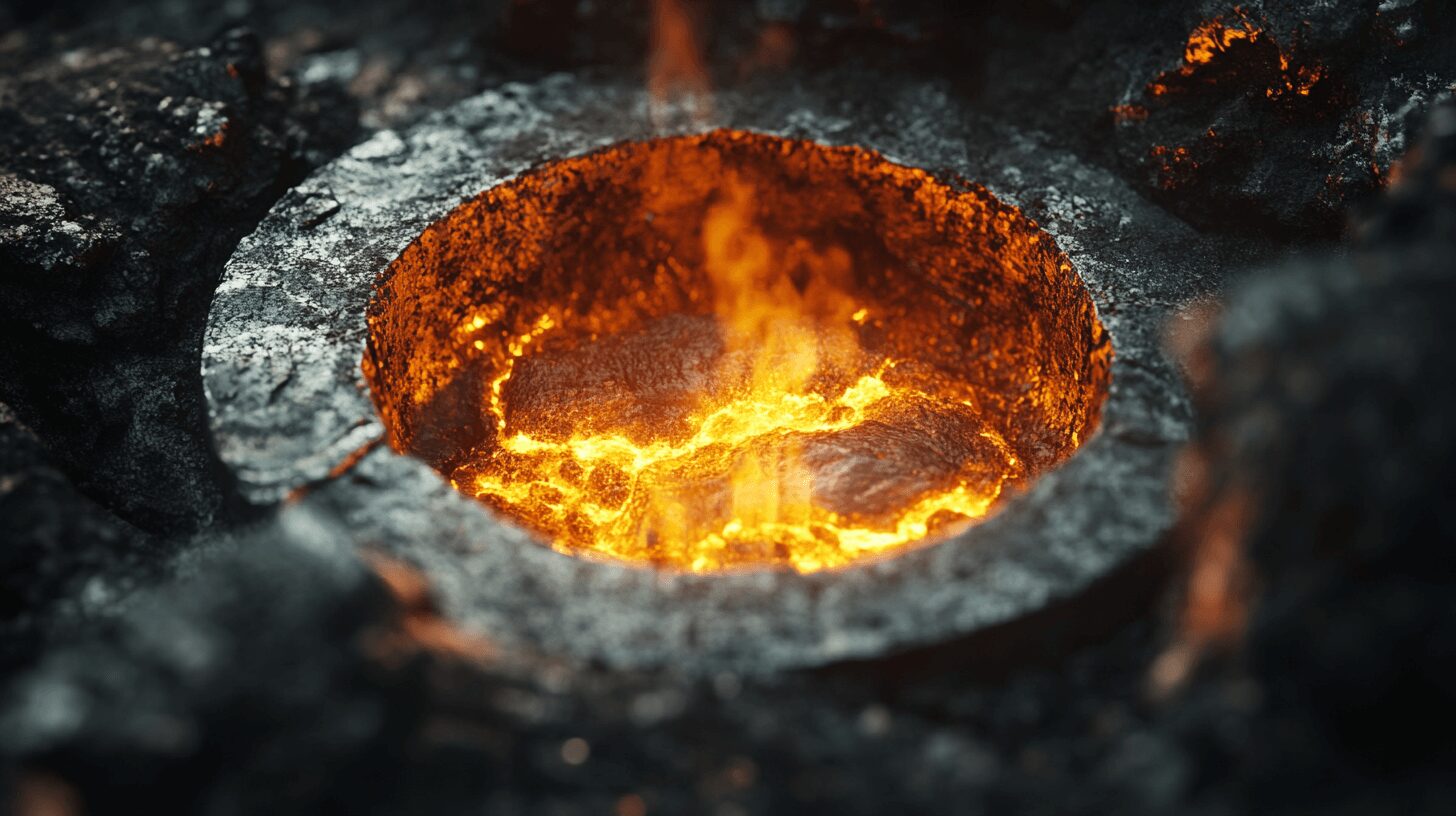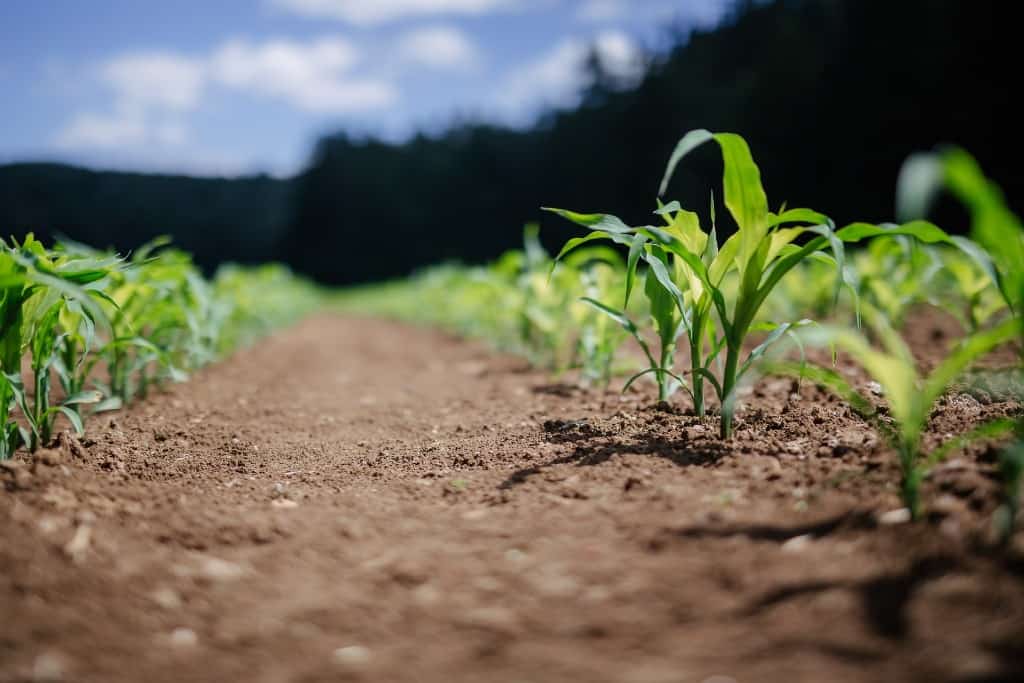
What Is Soil Pollution and How Does It Harm Us?
April 21, 2020 - Emily Newton
Revolutionized is reader-supported. When you buy through links on our site, we may earn an affiliate commission. Learn more here.
The Earth faces several different forms of pollution, and much of it is due to human activity. One of them is soil pollution. It’s not talked about as much as air pollution, but it can be just as harmful. From people to animals, it affects us all.
What Is Soil Pollution?
Think of where you live. Is it someplace where there’s a lot of farming or gardening? Is it in a big city? No matter where you are, soil pollution is a major issue. Plus, it’s becoming more of a challenge since climate issues are now a central threat.
The Earth’s crust and soil are home to many different animals, organisms and microorganisms. These ecosystems keep the balance of biodiversity at a rate where the environment can thrive. However, soil pollution is hurting that balance.
Soil pollution is anything that contaminates the Earth’s soil and degrades the quality of it. Some natural processes can contribute to soil pollution, but most of it comes from humans.
Agricultural materials, industrial activity, pesticides and waste mismanagement are among the primary causes of soil pollution. If you’re curious as to how your location contributes to it, take a look at these causes and see how they apply to your surroundings.
Causes of Soil Pollution
The origins of soil pollution come from farmlands, the countryside and urban areas. A reduction of them will help the Earth.
Agricultural Chemicals & Pesticides
Many pesticides, herbicides and inorganic fertilizers include chemicals that are harmful to the environment and the soil. They may contain things like DDT, sodium chlorite, nitrogen compounds, carbamates and organophosphates. These chemicals are all toxic and only the surface of what goes into these products.
They seep into the soil, erode it and leave a lasting negative effect. Most aren’t biodegradable, either. They stay in the ground and don’t break down over time or dissolve with water.
Industrial Pollution
Soil pollution is one of the eight types of pollution the environment faces. Industries are some of the biggest culprits across the board. Specifically, they produce a lot of waste like oils, fuels, toxic chemicals and heavy metals.
With a lack of management, this waste goes into waterways and landfills and becomes part of the soil, eroding it. Seepage from landfills and underground storage tanks can pollute nearby areas.
The air pollution they produce, too, can contaminate soil if it settles to the ground.
Waste Mismanagement
Industrial pollution is a prime example of waste mismanagement, and this is something that affects everyone around the globe. It can take the form of littering. Plastic, cans and other non-biodegradable materials sit in the ground for years and release harmful substances.
Surface runoff, drainage and sewers will damage soil quality as well, since they can leak and pollute the ground.
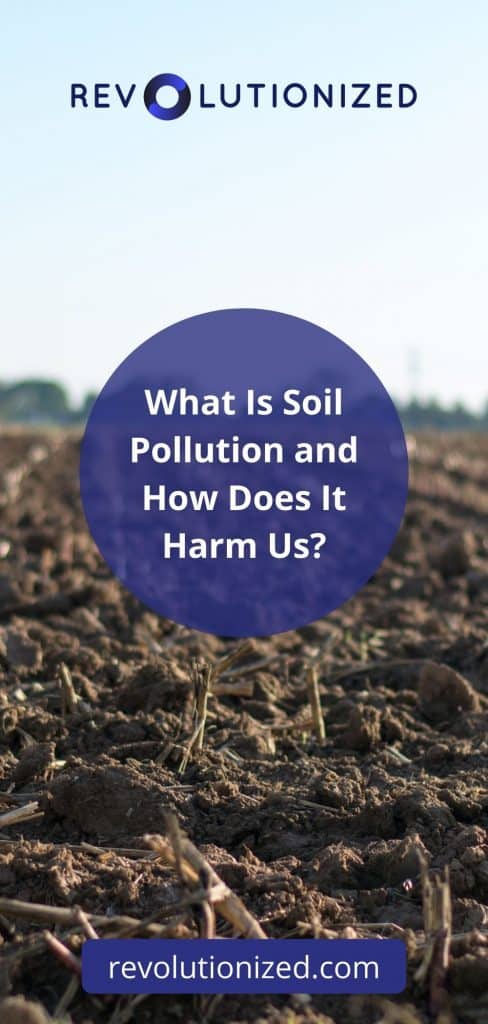
Effects of Soil Pollution
The results of these causes range from human health to animals to plant growth.
Human Health
Increased exposure to various chemicals and toxins within the soil can lead to human health issues. Some soil pollutants are carcinogenic — prolonged exposure can lead to an increased risk of cancer. PCBs and benzene also add to health risks.
Exposure to high concentrations of lead or mercury can cause issues with the liver or kidneys. Skin diseases can also come from exposure to pollutants within the soil.
Animals and Ecosystems
Many animals and tiny microorganisms live within the earth. When they face polluted soil, they might die, disrupting the ecosystem around them. They could also migrate, which would disturb the natural order.
If those things don’t happen, there’s a chance that they will become another animal’s meal. This would pass pollutants throughout the food chain.
Plant Growth
If soil becomes too damaged, it will stop being a viable location to grow plants. Polluted soil can cause increases in acidity and salinity. Once this happens, it won’t be able to properly grow crops, and farmers or agriculture workers may need to relocate.
Once crops take a hit, so will economies all over the world. If soil becomes inadequate for vegetation, then production will drop, and so will spending and funding.
Actionable Prevention
Soil pollution, and pollution of any kind, aren’t light topics. Luckily, it’s not all bad news. There are ways you can take actionable steps to keep pollutants out of the soil.
First, you can take on proper farming or gardening techniques with eco-friendly materials, organic fertilizers and weeding. Alternatively, you can stop using fertilizers altogether. If you’re not someone who farms or gardens, you can pass this knowledge along to spread awareness.
Garbage disposal is a big issue. Industries will need to properly manage their waste and reduce their emissions. Activism can help here, since the key to making a change is raising awareness.
Educating others is one of the most effective steps at building a movement. From there, you can help reduce overall soil pollution and make the Earth a healthier and safer place to live.
Revolutionized is reader-supported. When you buy through links on our site, we may earn an affiliate commission. Learn more here.
Author
Emily Newton
Emily Newton is a technology and industrial journalist and the Editor in Chief of Revolutionized. She manages the sites publishing schedule, SEO optimization and content strategy. Emily enjoys writing and researching articles about how technology is changing every industry. When she isn't working, Emily enjoys playing video games or curling up with a good book.
